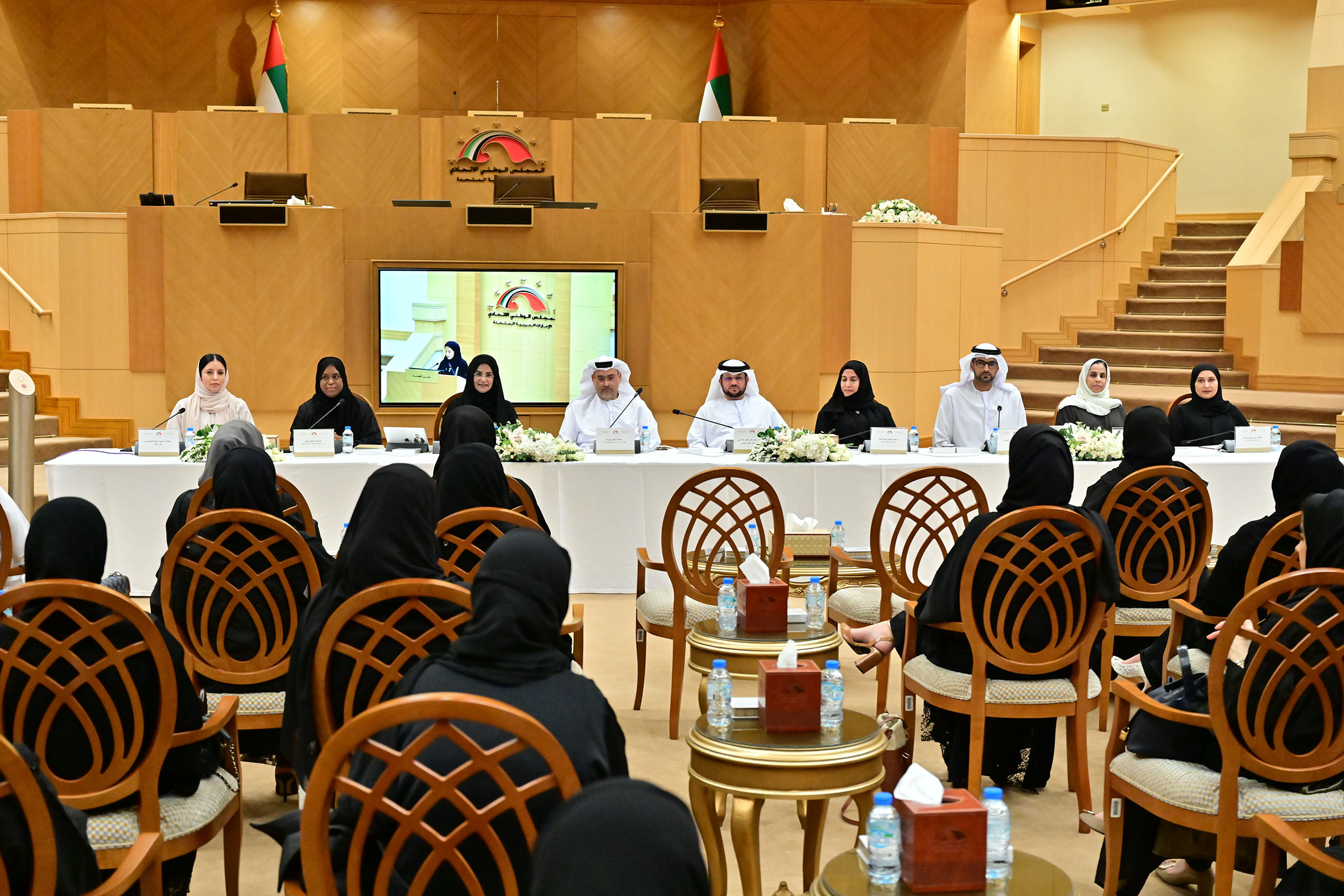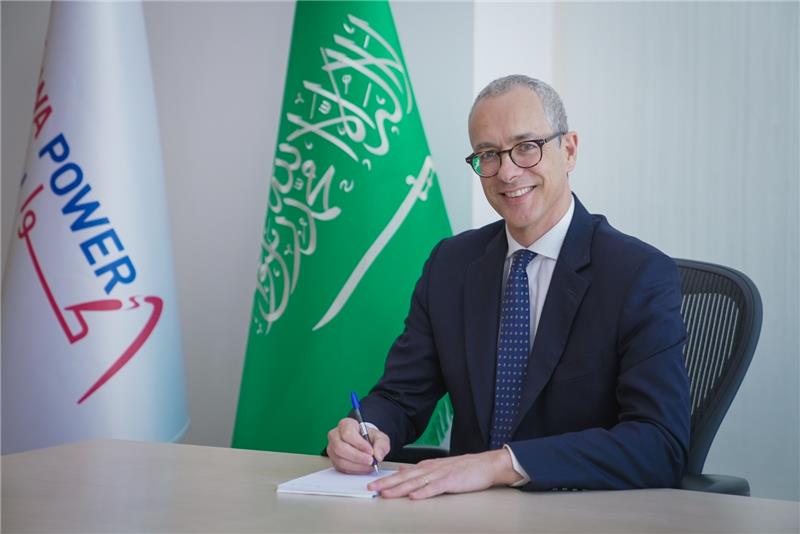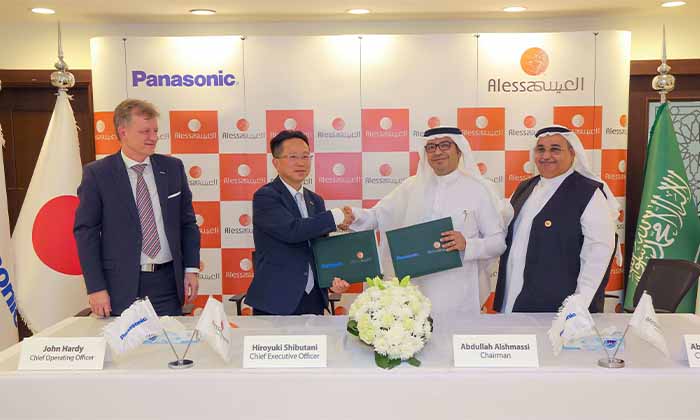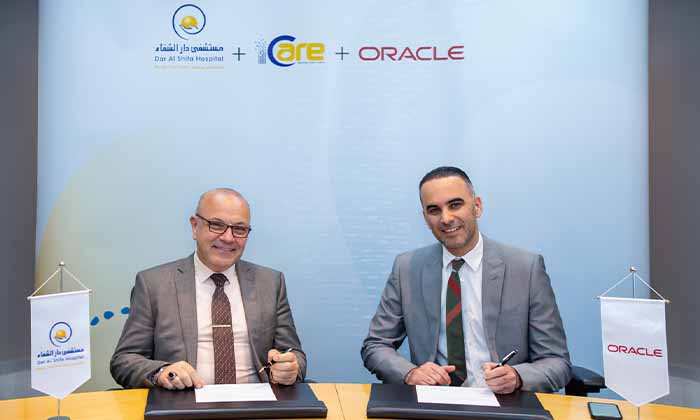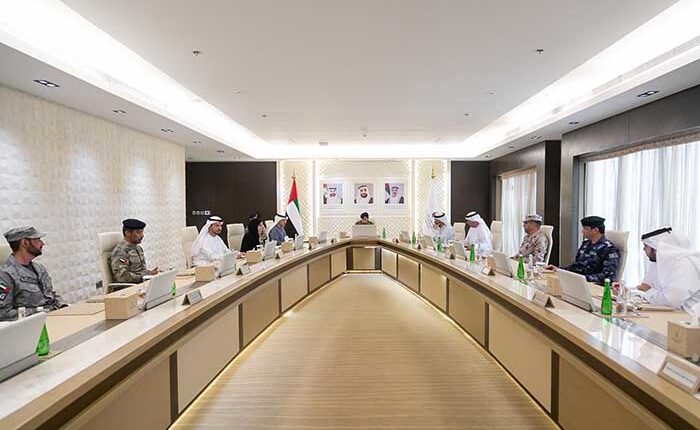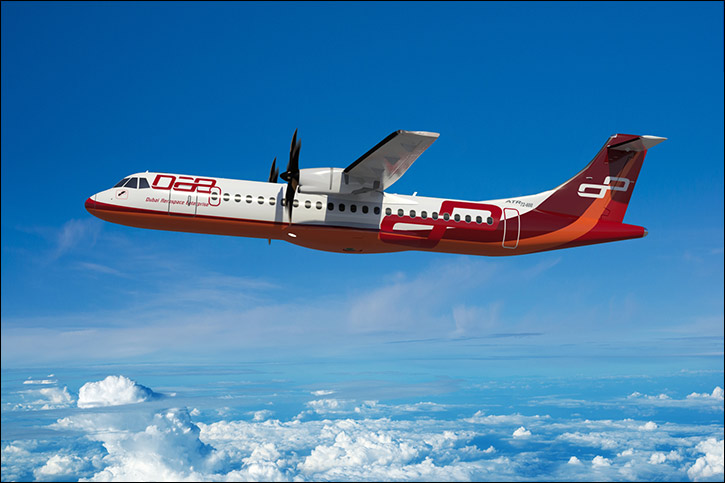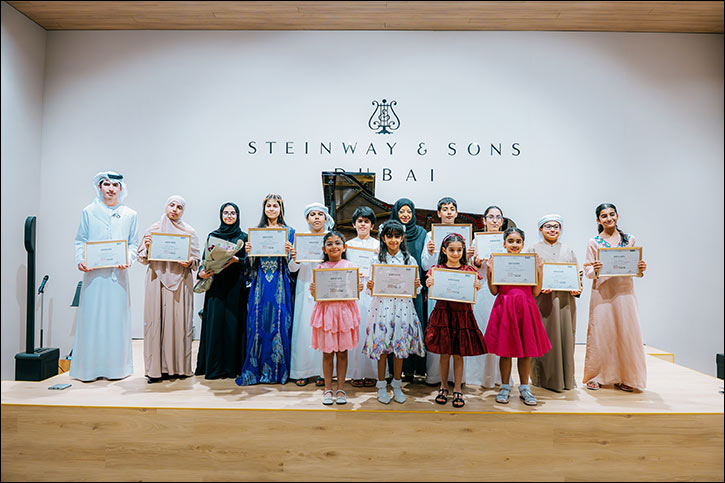Tariq Hilal Lootah: Emirati women are strategic partners in nation- building as the UAE surges ahead towards the next fifty
- Noura Al Suwaidi: Through legislation and policy, the UAE’s wise leaderships provides full rights to Emirati women
The Ministry of State for Federal National Council Affairs (MFNCA) organised a dialogue session on Monday in cooperation with the General Secretariat of the Federal National Council and the General Women's Union. The session entitled "Strengthening a Culture of Political Participation among Women", was in line with the Ministry's strategy to promote a culture of political participation among UAE citizens. Held at Zayed Hall at the Federal National Council headquarters in Abu Dhabi, the session aimed to introduce the nature of parliamentary life in the country and the achievements of parliamentary work during the past fifty years, especially among women.
Speakers at the session included members of the FNC Social Affairs, Labour, Population and Human Resources Committee, including, Committee Chairman Naama Abdul Rahman Al Mansoori, and Dr. Hawa Al Dahak Al Mansoori, Rapporteur of the Committee, along with Committee members Aisha Muhammad Al Mulla, Dr. Moza Muhammad Al Amri, Maryam Majid bin Thaniah, Mohammad Issa Al-Kashf, and Humaid Ali Al Abbar Al Shamsi. Also in attendance was Ahlam Al Lamki, Head of the Research and Development Department at the General Women’s Union.
His Excellency Tariq Hilal Lootah, Undersecretary of the Ministry of State for Federal National Council Affairs, said that Emirati women are strategic partners in nation-building and are surging ahead in the march towards the UAE’s next fifty towards development and prosperity. Today, women are key figures in decision-making and law-making, and this comes as a result of the work of our wise leadership's support for them since the formation of the UAE. The UAE believes in the power of its women and has full confidence in their ability to lead and manage high-impact projects on a national and global level.
His Excellency pointed out that Emirati women have been proactively participating in all fields. They are making an outstanding contribution to parliamentary work, winning seats on the Federal National Council and holding positions of power. They are also on the forefront to discuss issues and make key decisions in the service of the nation and its citizens. This trend has been greatly helped by the historic decision to raise the percentage of Emirati women's representation in the Federal National Council to 50%, in line with the directives of the Federal National Council. The UAE government aims to empower women and encourage them to contribute to all developmental processes, and to shape the future of the UAE.
His Excellency also pointed out the importance of the participation of members of the Federal National Council committees. The FNC committees are the main arms of the FNC that help in the execution of its constitutional powers, such as discussions about draft laws and overseeing the representatives in monitoring the work of the government. The members of the Social Affairs, Labour, Population and Human Resources Committee participated in this dialogue session. These are the most important committees of the FNC, tasked with the study of draft laws, general topics, international agreements and treaties related to various aspects of the citizens’ lives including social development, human resource development, family, women and childhood affairs, charitable and social institutions, juvenile care, employment, rehabilitation and training and work policies and planning, population policies, and settlement plans, and so on.
Her Excellency Noura Al Suwaidi, Secretary General of the General Women’s Union, said: “Emirati women enjoy their full rights, which the UAE’s wise leadership enshrined in fair legislation and policies that paved the way for many of the UAE’s achievements – particularly in terms of gender balance, where the Emirates leads the Arab and the wider region. Emirati women make up 50% of the Federal National Council and 27.5% of the members of the Council of Ministers, where nine of 33 Ministers are women. This is one of the highest rates in the world and reaffirms the fact that the UAE considers women to be an active and influential partner in driving comprehensive and sustainable development in the country, and especially political development.”
“In line with the wise leadership’s vision and under the directives of Her highness Sheikha Fatima bint Mubarak, Chairwoman of the General Women’s Union, President of the Supreme Council for Motherhood and Childhood, Supreme Chairwoman of the Family Development Foundation, the ‘Mother of the Nation’, the Union made notable efforts towards empowering Emirati women and encouraging political participation,” H.E. Al Suwaidi added. “The Union organised conferences and seminars to provide opportunities for Emirati women to explore other Arab countries’ experience with elections. The General Women’s Union launched a programme designed to expand the role of female Arab parliamentarians in the 2004-2007 period, which helped raise awareness about the importance of political participation among women, in addition to training leading female figures and working to pave the way for Emirati women, enhance their capabilities, and encourage them to actively participate in the sustainable development process in all fields and sectors.”
Members of the Social Affairs, Labor, Population and Human Resources Committee at the Federal National Council (FNC) discussed its legislative and oversight accomplishments achieved during the 17th legislative chapter.
Committee members affirmed that their achievements were based on the committee’s keenness to investigate the needs of the community and its members and addressing their issues transparently and with accuracy at the FNC with the relevant officials and decision-makers at the federal government. Part of their achievements, as well, were focused on representing the country internationally, through their participation in international conferences, enhancing the UAE’s parliamentary diplomacy.
The role of the committee is also focused on discussing issues citizens interest and working to submit questions and suggestions that contribute to the advancement of all social sectors in the country.
The Committee members emphasised the role it plays in all aspects of the lives of members of the UAE society, through its study of draft laws, general topics, international conventions and treaties related to social development, human resources development, family affairs, women and children, charitable and social institutions, juvenile welfare, employment, rehabilitation and training, as well as everything related to labor policies and planning, in addition to population policies, Emiratization plans and issues that fall within the competencies of the ministries concerned with the work of the Committee.
During the first term, the Committee conducted 15 meetings, discussed a draft federal law on fundraising, and held a general discussion on family cohesion and the role of achieving sustainable social development.
In its second term the Committee conducted 17 meetings, 3 panel discussions and two general topic discussions.
In its third term the Committee held 26 meetings, discussed a draft federal law on the organization of places of worship and held two general discussions.
For her part, Ahlam Al Lamki, Head of the Research and Development Department at the General Women’s Union, said: “Led by the guidance, insight, and vision of Her Highness Sheikha Fatima bint Mubarak, the General Women’s Union was among the forerunners in setting a forward-looking vision for the future of Emirati women in parliamentary work. The Union launched a series of training workshops and lectures, hosting female parliamentarians from the region, as part of the programme to expand the role of female Arab parliamentarians, launched by the General Women’s Union in 2004, in collaboration with the United Nations Entity for Gender Equality and the Empowerment of Women (UN Women). The launch was a proactive step two years ahead of the first elections ever held in the UAE, in line with the chapter on Political Empowerment and Decision-Making in the first version of the National Strategy for the Advancement of Women in 2002.”
“From that point on, the political empowerment of women has remained a top priority for the General Women’s Union, culminating in the memorandum of understanding signed with the Ministry of State for Federal National Council Affairs to promote a culture of political participation among women and generating community support for them. The Union continued to work towards building women’s capacities and enhancing their skills to take a productive part in the electoral process,” Al Lamki explained. “The Union’s efforts in supporting political participation also include providing appropriate platforms for female candidates to present their electoral programmes around the country, in addition to conducting studies to evaluate women’s political awareness, the findings of which were then used to improve political awareness programmes.”
The session discussed the role of the Political Empowerment Programme in enhancing political participation of Emirati women, and the role of the General Women's Union in fostering women's political empowerment as a partner in the development, prosperity and leadership of the country, in line with the directions of the wise leadership, and the national strategy.
